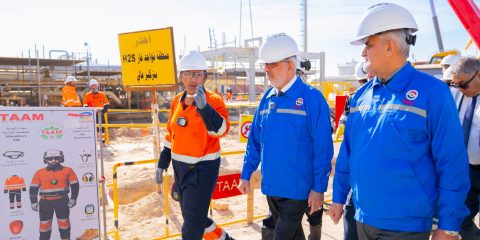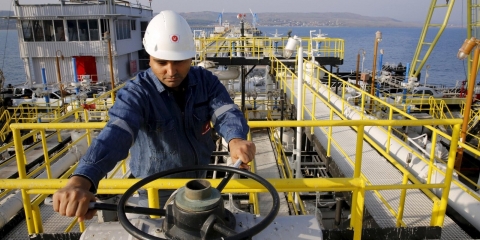Iraq leans on refining sector after major capacity expansion
Countrywide refining capacity has risen by 30 percent in two years, giving Iraq strategic flexibility in an era of pipeline outages and OPEC pressure.
Iraq's refining sector has expanded significantly in recent years, with overall capacity increasing by about 275,000 bpd since 2022, according to an Iraq Oil Report survey of the country's 18 major refineries.
The steady rise of the domestic market has provided an essential source of demand in an era when exports have been constrained by quota pressure from OPEC-plus, the shut-down of the northern pipeline system to Turkey, and infrastructure bottlenecks at southern export outlets.
Improved refinery output has also enabled Iraq to reduce costly fuel imports even as its population and energy demands keep growing. Iraq has not been importing diesel at all this year, after averaging 24,000 bpd of imports in 2023, according to Oil Ministry figures; and gasoline imports have fallen from 80,000 bpd last year to 54,000 bpd in the first quarter of this year.
"The Ministry of Oil is keen to transform Iraq from an importer to an exporter of petroleum products, especially gas oil and kerosene," said Oil Minister Hayyan Abdulghani in a February 2024. In a subsequent statement, in May, Abdulghani claimed the country had added 360,000 bpd of refining capacity in the first year of Prime Minister Mohammed Shia al-Sudani's administration.
In order to track the growth of the sector, Iraq Oil Report conducted a survey of the country's 18 major refineries, collecting data on each facility's functional capacity and actual crude consumption in recent months, as well as upcoming projects that could expand capacity or improve product output.
The results of the survey suggest that countrywide refinery consumption has risen to
Login to your account
Subscribe for news access
Annual News subscribers receive access to the full archive of Iraq Oil Report articles.




